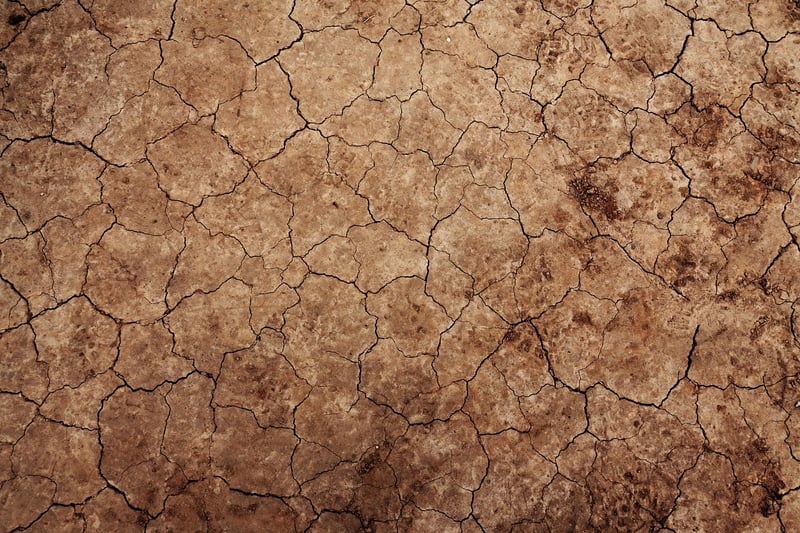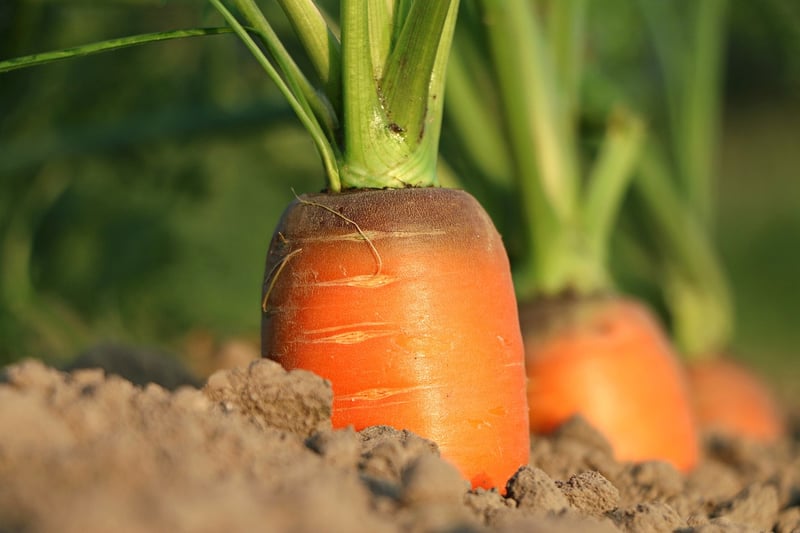Soil Nutrition
Keeping Your Garden Healthy: Understanding Soil Nutrition
Welcome to our guide on maintaining a healthy garden through proper soil nutrition! Whether you're a beginner or a seasoned gardener, understanding the significance of soil health and its impact on your plants is key to a thriving garden. Let's explore the essential elements of soil nutrition and how you can ensure your garden's success.
The Importance of Soil Nutrition
Soil nutrition plays a vital role in the overall health and growth of your plants. It provides essential nutrients that plants need to survive, thrive, and resist diseases. By maintaining proper soil nutrition, you can improve soil structure, water retention, and nutrient availability, leading to healthier and more abundant plant growth.
Essential Nutrients for Plants
Plants require a variety of nutrients to grow successfully. These essential nutrients can be categorized into two groups:
Primary Nutrients:
- Nitrogen (N)
- Phosphorus (P)
- Potassium (K)
Secondary Nutrients:
- Calcium (Ca)
- Magnesium (Mg)
- Sulfur (S)
Additionally, plants require micronutrients like iron, zinc, manganese, and others in smaller quantities for optimal growth.
Testing and Amending Your Soil
Before planting, it's crucial to test your soil to determine its nutrient levels. You can use DIY test kits or send samples to a professional lab for analysis. Based on the results, you can amend the soil by adding organic matter like compost, manure, or specific fertilizers to balance its nutrient content.
Organic vs. Synthetic Fertilizers
When choosing fertilizers, consider using organic options that improve soil structure and microbial activity over time. Organic fertilizers release nutrients slowly, reducing the risk of nutrient leaching and promoting long-term soil health. However, synthetic fertilizers can provide a quick nutrient boost when needed but may negatively impact soil biology with overuse.
Maintaining Soil Health
Regularly monitoring your soil's health and nutrient levels is essential for long-term garden success. Practice crop rotation, cover cropping, and mulching to enhance soil fertility and structure. By caring for your soil, you're investing in the health and productivity of your garden for seasons to come.
Conclusion
By understanding the importance of soil nutrition and implementing proper soil management practices, you can create a thriving garden filled with healthy, vibrant plants. Remember to test your soil, choose the right fertilizers, and prioritize soil health for a bountiful harvest and a beautiful garden oasis!
Happy gardening!

For more gardening tips and tricks, visit Gardening Website.
